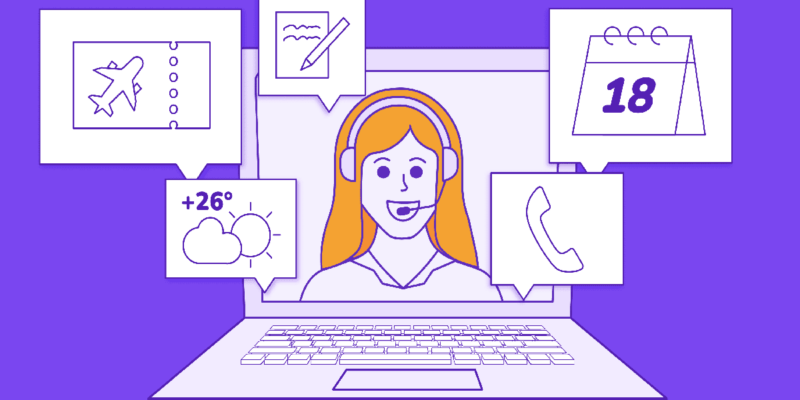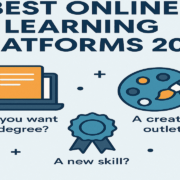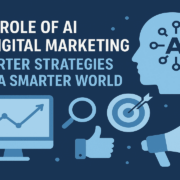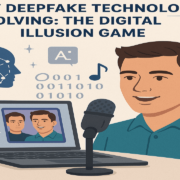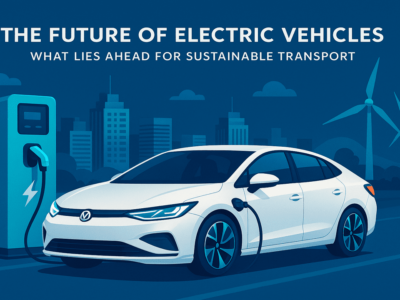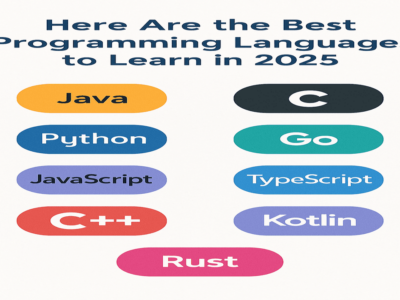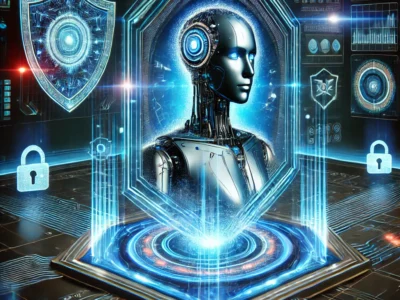Artificial Intelligence (AI) is no longer a futuristic concept; it’s a part of our everyday reality. From the smart devices that respond to our voice commands to AI-powered healthcare solutions that predict illnesses, AI is reshaping the way we live, work, and interact.
But how exactly is AI transforming our daily lives? Let’s dive into the many ways AI is making its presence felt, from our homes to our personal devices and beyond.
AI in Smart Homes
One of the most prominent examples of how AI is changing everyday life can be found right in our living rooms and kitchens. Smart homes are no longer a luxury; they’re becoming mainstream.
AI-powered devices like smart speakers, such as Amazon Echo and Google Nest, have turned voice-activated controls into a norm. You can now ask your virtual assistant to dim the lights, adjust the thermostat, or even order groceries without lifting a finger.
And the more you interact with these devices, the better they understand your preferences, making your home environment feel truly personalized.
Smart home security systems have also taken a giant leap forward. AI-powered cameras can detect unusual activity, differentiate between people and pets, and even alert homeowners about potential threats in real time.
Additionally, AI-driven energy management systems help reduce electricity consumption by optimizing power usage based on your habits and routines.
The convenience AI brings to our homes is undeniable.
AI in Personal Assistants and Virtual Companions
Virtual assistants have come a long way from simply responding to basic questions. Today, AI-driven personal assistants like Siri, Alexa, and Google Assistant are capable of managing schedules, setting reminders, and even offering recommendations based on your daily habits.
AI’s ability to learn and adapt has made virtual assistants more intuitive than ever. They can now recognize speech patterns, understand complex queries, and provide accurate responses within seconds. Plus, natural language processing (NLP) continues to improve, making interactions feel more natural and conversational.
Beyond personal assistants, AI-powered virtual companions are also becoming popular. Apps and devices designed to provide companionship and emotional support are now being used by people of all ages, from children learning social skills to older adults seeking comfort and connection.
Whether you’re using AI to streamline your productivity or combat loneliness, these intelligent systems are increasingly playing the role of reliable, helpful companions.
AI in Healthcare and Wellness
The healthcare industry is one area where AI’s impact is truly transformative. AI-driven technologies are enhancing patient care, improving diagnostics, and even predicting disease outbreaks.
For instance, wearable health devices like Fitbit and Apple Watch utilize AI to monitor vital signs, track physical activity, and even detect irregularities like abnormal heart rates. These insights empower users to take control of their health while also providing valuable data to healthcare providers.
AI’s diagnostic capabilities are also impressive. Systems like IBM’s Watson are being used to analyze medical data and help doctors identify diseases faster and more accurately. Additionally, AI-driven chatbots and virtual health assistants are providing patients with quick access to information and medical guidance, often saving time and reducing costs.
The potential for AI in healthcare is enormous. From personalized treatment plans to drug discovery, AI is helping the medical field achieve breakthroughs that were once unimaginable.
AI in Transportation and Mobility
Transportation is another area where AI is making significant waves. Self-driving cars are perhaps the most recognizable example, but AI’s influence extends far beyond autonomous vehicles.
AI-powered navigation systems are now more accurate than ever, thanks to real-time traffic data and predictive algorithms. Apps like Google Maps and Waze use AI to provide optimal routes, estimate arrival times, and even suggest alternative paths when there’s heavy congestion.
In public transportation, AI is helping improve efficiency and safety. Systems powered by machine learning can predict maintenance needs for trains and buses, reducing downtime and enhancing passenger safety.
Moreover, AI is playing a crucial role in developing smart cities, where traffic management systems use AI-driven analytics to reduce congestion and improve overall urban mobility.
As AI continues to advance, we can expect even more innovations in transportation, making travel faster, safer, and more efficient.
AI in Education and Learning
Education is also evolving with the help of AI. From personalized learning platforms to AI-driven tutoring systems, technology is reshaping how we acquire knowledge.
AI-based tools can assess a student’s learning style and customize lessons to suit their strengths and weaknesses. This tailored approach makes learning more engaging and effective, especially for those who struggle with traditional teaching methods.
Moreover, AI-driven systems can grade assignments, provide instant feedback, and even suggest additional resources for improvement. Language learning apps like Duolingo use AI to analyze users’ progress and offer personalized practice exercises.
On a broader scale, AI is being used to make education more accessible. Voice recognition and natural language processing technologies are helping students with disabilities overcome learning barriers.
The potential for AI in education is promising, especially when it comes to making learning more inclusive and adaptable.
AI in Entertainment and Media
Entertainment and media are no strangers to AI’s transformative power. From recommendation algorithms on Netflix and Spotify to AI-generated art and music, creativity and technology are blending like never before.
AI’s ability to analyze user preferences helps streaming platforms provide highly accurate recommendations, enhancing the overall viewing or listening experience. Meanwhile, AI-driven tools are now capable of creating music, writing scripts, and even generating realistic deepfake videos.
While these advancements offer exciting possibilities, they also raise ethical questions about originality, creativity, and authenticity. Still, AI’s influence on entertainment is only growing, pushing the boundaries of what’s possible.
AI in Financial Services
The financial industry has embraced AI with open arms, particularly when it comes to enhancing efficiency, security, and customer experiences.
AI-powered chatbots are now handling customer inquiries, offering financial advice, and even processing transactions. Additionally, AI-driven algorithms are used to detect fraudulent activities by analyzing unusual patterns in financial transactions.
On the investment side, AI is assisting traders with predictive analytics, helping them make more informed decisions. Robo-advisors are also providing personalized financial planning, making investment management accessible to a broader audience.
However, as AI continues to expand in the financial sector, concerns about privacy, security, and ethical decision-making will need to be addressed.
Conclusion
It’s clear how AI is changing everyday life in remarkable ways. From smart homes to healthcare, transportation, education, entertainment, and finance, AI is shaping our world with incredible precision and efficiency.
But as we continue to integrate AI into our daily routines, it’s essential to balance innovation with ethical considerations.
The future of AI is exciting and full of possibilities. And as it continues to evolve, our everyday experiences will only become more seamless, personalized, and extraordinary.

